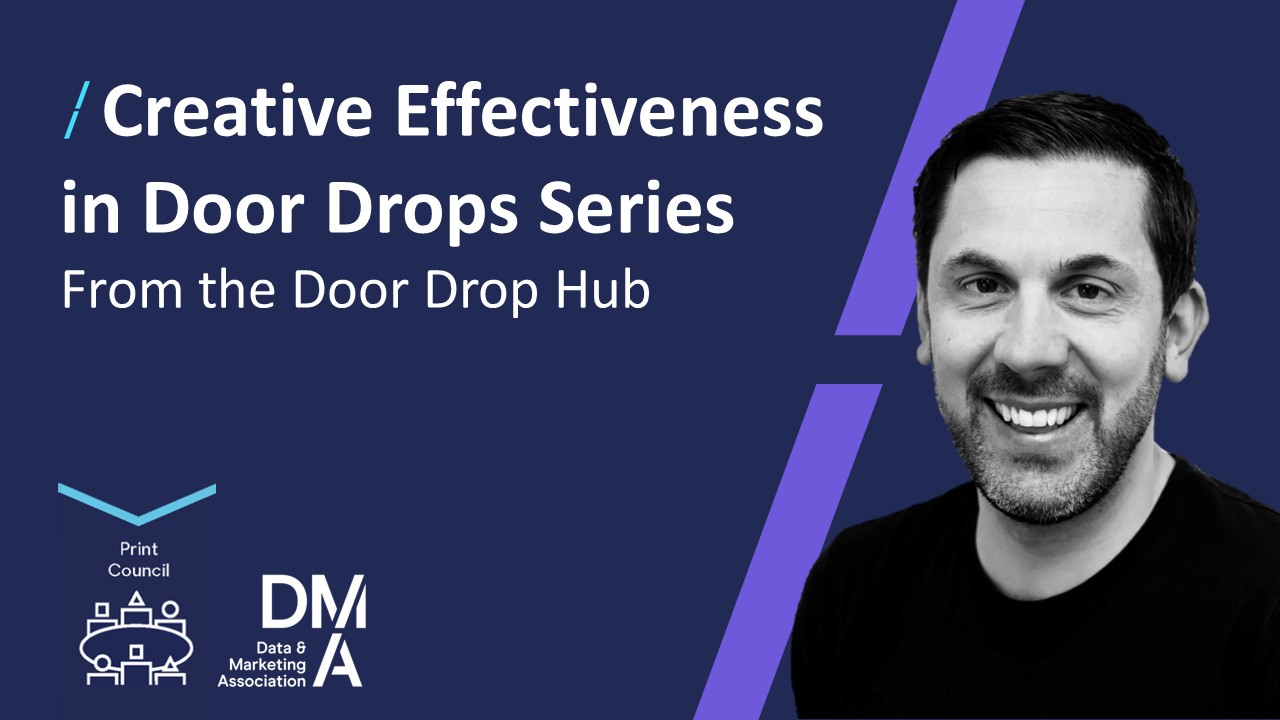Accelerating business growth with customer insights
16 Nov 2022

Customer insights are drawn from data and information collected through customer interactions and channels and are a powerful way to ensure a data-led, customer-centric approach across your organisation.
Insights are gained by analysing and interpreting data and information to draw conclusions that can drive positive change and inform smart decisions for your business. Data may record customer behaviours, for example, but insights shine a light on the thoughts, feelings, and motivations behind those behaviours, so your growth strategy aligns to your customer’s true needs and desires.
Why are customer insights important for business growth?
In a world where the economy is uncertain, market dynamics constantly shifting and customer needs continuously evolving, it is vital to stay in tune and refine your strategies as circumstances change.
Insight gathered can inform smart decision-making, helping you tailor sales and marketing strategies, boost engagement and brand awareness to drive growth.
Reliable, actionable insight is vital, not just to the marketing function, it can inform data-driven decision-making across the whole business and almost every process undertaken, providing a wealth of benefits such as:
-
personalising and tailoring products to the needs, wants, and demands of your target audience.
-
identifying backlogs, predicting churn, and refining processes to improve the customer experience.
-
identifying new market opportunities and new target audiences.
-
improving product margins and operational efficiencies.
-
ensuring your strategy keeps you ahead of competitors.
Where to find customer insights
From sales conversations to transactional data, every interaction a customer has with your business can provide insight to help shape business decisions. Channels through which to collect data and potential insights include:
-
Sales and service conversations
-
Customer reviews, feedback channels
-
Data and web analytics
-
CRM, Marketing automation
-
Social media engagement
-
Transactional data – POS, ecommerce
-
Mobile apps/IoT
-
AI/Machine Modelling
-
Phone research and surveys
With so much data online and captured automatically, gathering data is the easy part. What you do with it once gathered is the difference between meaningful customer insights and poor insights that could take your decision-making off the rails.
What counts as meaningful customer insight?
First, you’ll need to agree on what success looks like for your business. This will help to differentiate between interactions that will have minimal impact and meaningful information that could be a game-changer for your business. It is important once you decide what you need to know that you home in on the sources that will deliver the depth and quality of insight you need. Depending on which sources are available, varying levels of skill and technology will be needed to interrogate and analyse data.
Irrespective of source, data used must be clean and accurate or else it will only throw you off course.
The priority should be to gather insight that tells you what you don’t already know and validates assumptions; avoid a view coloured by your own preconceptions, keep an open mind, and use open questions in any research context.
Different flavours of insight
Deep, granular customer insight is often best achieved through informal interactions. Conversations with clients, whether by phone or face-to-face, are a great way to obtain information about their interests without leading them to believe that it is your only objective. We can learn so much about our customers and even our competitors’ positioning through a simple conversation. Call recordings of sales conversations for example, can provide valuable insights into your sales cycle, your buyers needs and concerns, as well as valuable market and competitor intelligence.
Social listening also enables us to gain insight into the topics that matter most to our customers, what is front of their minds, and what their thoughts and feelings are. Open conversations like these between individuals can often be more insightful than direct questions, where even the question is informed by our own perceptions.
Analysing the large volumes of transactional, behavioural or engagement data available through online resources is time consuming and labour intense. Website analytics can facilitate this process, providing insights that help us improve the user experience or optimise the conversion rate of the website itself. The release of Google Analytics 4 helps us better track user engagement and improve understanding of the customer journey.
AI/machine modelling also now helps to interpret and better understand patterns and trends within large datasets, closing the gap between big data and useful insight. Whilst AI enables us to analyse massive amounts of data quickly, it does require analytics skills and technology and is less effective with smaller or unstructured data sets. AI is also limited in interpreting human sentiments and nuanced behaviours so is best combined with other approaches rather than used standalone.
Validating assumptions
The usefulness of insights drawn from any dataset is only as good as the quality of the data itself, so it is worth investing at an early stage to ensure your base data is clean and accurate. Once you have cleaned and analysed that data, you in a position to create a strategy and set of actions that can deliver your business objectives. Before you launch into a new venture or re-engineer your whole approach, however, it is wise to validate the insights through market research.
‘Voice of the Customer’ (VoC) research can uncover deep and accurate insight about the most important topics for your business from your most valued market and customer segments. It allows you to drill down and validate AI-based assumptions and ensure that the opinions gathered through your social listening, for example, are representative of your priority audience. With so much turbulence in the market currently, investing in phone-based research will ensure your strategy is founded on accurate, reliable insight.





Please login to comment.
Comments